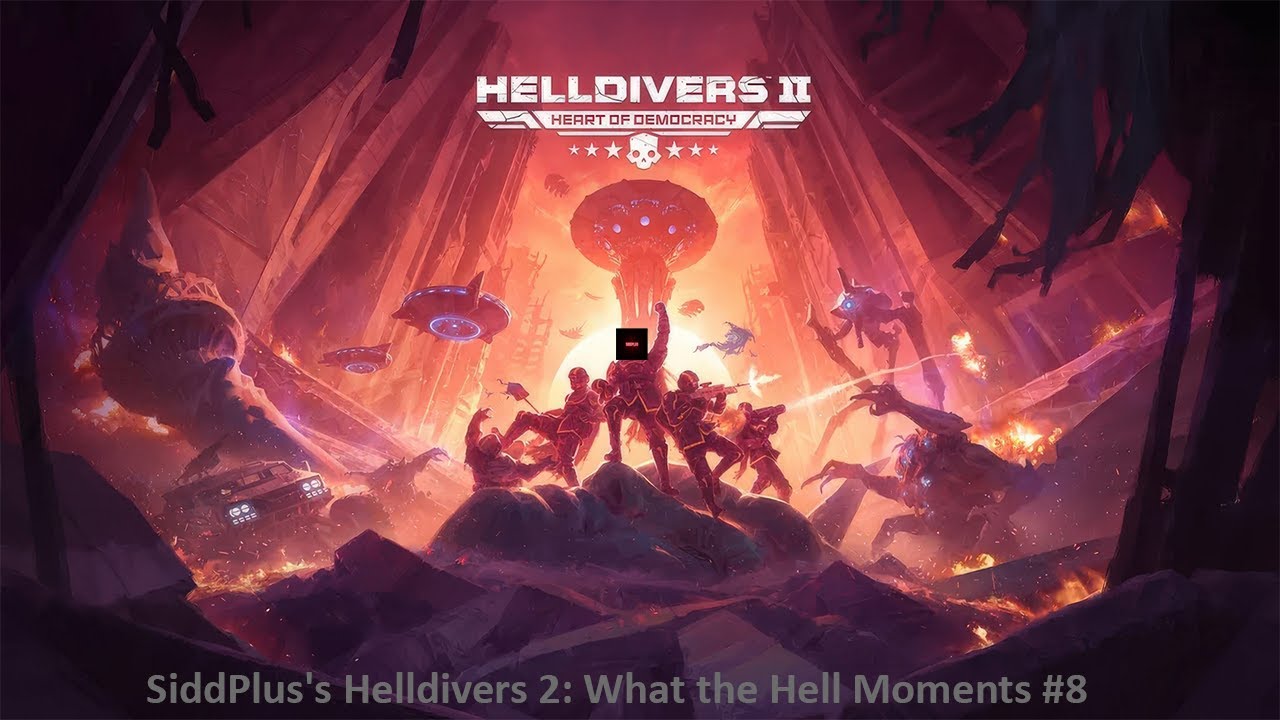In the vast digital battlegrounds of Helldivers 2, players often face formidable foes and challenging missions. But for PC users, another, less obvious adversary lurks: the game`s unusually large installation size. At a hefty 150GB, it dwarfs its console counterparts, which clock in at roughly one-third of that. This significant disparity has long puzzled the Super Earth`s finest strategists, until now. The developer, Arrowhead Game Studios, has pulled back the curtain, revealing a fascinating and somewhat ironic reason: a subtle nod to backward compatibility that creates a substantial technical burden for everyone.
The Unexpected Culprit: Mechanical Hard Drives
The core of the issue, as explained by Arrowhead`s deputy technical director Brendan Armstrong, lies in an effort to accommodate a dwindling, yet still present, segment of the PC gaming community: those who continue to rely on traditional mechanical hard disk drives (HDDs). While modern gaming rigs predominantly feature lightning-fast solid-state drives (SSDs), a small percentage of players haven`t yet made the switch. And it`s for these players that Helldivers 2 carries its considerable digital baggage.
To understand why, we need a brief trip down memory lane. HDDs, with their spinning platters, are inherently slower at reading data than SSDs. To mitigate long loading times on these older systems, game developers sometimes employ a technique known as data duplication. Essentially, common game assets are copied and stored in multiple locations on the drive, often grouped together to minimize the physical “seek time” required by the HDD`s read/write head. This ensures that when a player drops into a mission, the necessary data can be accessed more quickly. For SSD users, this duplication is entirely unnecessary, as SSDs can access data instantly regardless of its physical location.
The Developer`s Dilemma: A Balancing Act
Arrowhead finds itself in a classic development quandary. How many players are truly impacted by slower HDD performance? Armstrong candidly admits that “the truth is that we don`t currently know.” Even Steam`s comprehensive user surveys offer unreliable data on HDD usage for the general gaming population. Best estimates hover around 12% of all PC gamers, but these are, by their own admission, “very unreliable and relies on a lot of extrapolations.”
This uncertainty presents a significant challenge. Reducing data duplication would shrink the game`s file size dramatically, benefiting the vast majority of SSD users with faster downloads and less occupied storage. However, it would undeniably increase load times for the HDD faithful. And here`s the kicker: “the load time for each player dropping into a mission is determined by the slowest member of the squad.” So, even if only one player in a four-person squad is on an HDD, everyone waits. This creates a fascinating example of how a minority`s hardware constraints can subtly dictate the experience for the collective.
Future Prospects: Shrinking the Footprint, One Step at a Time
Arrowhead is not oblivious to the problem and has outlined a multi-pronged approach to address it:
- Immediate Gains (and Losses): The next update aims to make initial progress in file size reduction. However, Armstrong cautions that players might not notice the difference, as “the new stuff we`ve added will eat those gains.” It`s a continuous cycle of adding content while trying to optimize existing assets.
- Medium-Term Strategy: The studio plans to bundle common assets more efficiently, reducing the need for extensive duplication. This will likely lead to a slight increase in load times for HDD users, but the goal is to keep these under a manageable 30 seconds. A small compromise for a significant storage benefit for most.
- Long-Term Vision: Arrowhead is also investigating engine improvements and advanced compression techniques. The challenge here is to implement these without adversely affecting load times. The feasibility of such changes is still under evaluation.
This nuanced approach underscores the complexities of live-service game development. While Arrowhead Game Studio CEO Shams Jorjani has stated the ambitious goal of keeping Helldivers 2 “going forever” rather than moving on to Helldivers 3, this commitment comes with its own set of technical demands. Persistent support means not just new content, but also continuous optimization, patching stability issues, performance drops, and those ever-present audio bugs.
The Unseen Labor of Galactic Democracy
Ultimately, Helldivers 2`s colossal PC installation size is a fascinating artifact of modern game development`s hidden compromises. It`s a testament to a studio`s effort to be inclusive, even if that means a larger download for the majority. It illustrates the often-unseen technical debt incurred when supporting a diverse hardware ecosystem. For now, PC players continue to download a substantial chunk of data, a silent tribute to their comrades still spinning along on mechanical hard drives. It`s a reminder that even in the pursuit of glorious managed democracy, some technical decisions are made not for the fastest or the newest, but for everyone.

